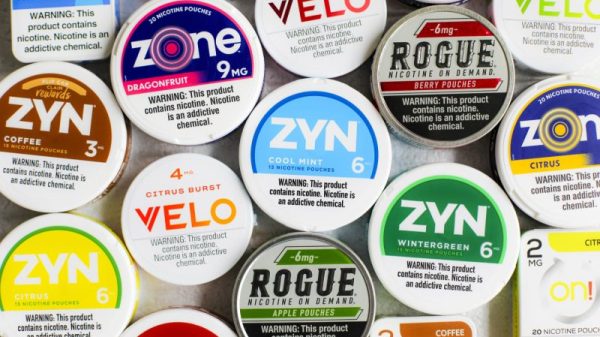A former soldier who was sexually assaulted while serving in Japan’s military has reached a civil settlement with three of her convicted attackers in a case that exposed a widespread culture of harassment in the country’s self-defense force.
The settlement, initiated by the three former soldiers who were found guilty of sexual assault by a Japanese court in December, includes them apologizing and paying a sum of money, Rina Gonoi said on her X account on Tuesday. She did not disclose the amount of money involved.
“Today, I would like to announce that a settlement has been reached in the civil trial with the three perpetrators who were found guilty in the criminal trial,” Gonoi said.
Gonoi pursued both criminal and civil cases in the courts, including the civil lawsuit in which she is seeking compensation from the government and five former members of the Japan Self-Defense Force (JSDF) for emotional stress caused by sexual abuse, public broadcaster NHK reported.
“I am relieved that the three years of fighting came to an end and I’m feeling three years’ worth of exhaustion all at once, but I will take care not to get sick,” Gonoi said on her Instagram account on Tuesday night.
She had previously reached a settlement with another of the five former members of the JSDF in the civil case, and the trial will continue against the government and the remaining former members, NHK reported.
Gonoi said she endured physical and verbal sexual abuse on a daily basis for more than a year while serving in the JSDF, and vowed to bring her tormentors to justice when she left the military in June 2022.
Authorities initially seemed unwilling to believe her but Gonoi’s refusal to be silenced eventually prompted prosecutors to reopen investigations in a sweeping probe into sexual harassment across the JSDF.
The broad investigation led by Japan’s defense ministry found that Gonoi had suffered physical and verbal sexual harassment daily between late 2020 and August 2021.
Japan’s struggles with gender inequality, which were highlighted during the #MeToo campaign, are well documented. The country ranks bottom of all G7 nations and 125th out of 146 countries in the World Economic Forum’s index for gender inequality.
Not backing down
As a child, Gonoi said she saw JSDF members as heroes. She grew up wanting to be like them after women officers in particular came to her rescue following the deadly 2011 Tohoku earthquake and tsunami that decimated her hometown of Higashi-Matsushima in Japan’s northern prefecture of Miyagi.
“They’d comment on my body and the size of my breasts. Or they’d come up to me in the hallways and suddenly hug me in the corridor. That kind of thing happened daily,” Gonoi recalled of her time in the station.
The last straw came in August 2021, when Gonoi said she was pinned to a dormitory floor as several senior male officers simulated sexual intercourse. It was this incident that convinced her to report her assailants.
When she reported the alleged abuse to military authorities, two investigations were launched, but both were dropped on grounds of a lack of evidence – prompting her to take the battle to social media.
Going public was a rare move in a country where sexual assault survivors can face backlash for raising their voices.
But it paid off, as the social media scrutiny pressured the JSDF into a rethink.
The defense ministry eventually launched a broad investigation into sexual harassment across the JSDF that found Gonoi had suffered physical and verbal sexual harassment daily between late 2020 and August 2021.
The case reached the highest levels, with Japanese Prime Minister Fumio Kishida saying during a parliamentary meeting in October 2022 that he understood sexual harassment cases were handled inappropriately by the JSDF and the ministry.
Last December, a Japanese court ruled that the three men had committed forcible indecency against Gonoi.
The court sentenced the trio to two years in prison with a suspended sentence, NHK reported, which could allow them to avoid jail time if they do not commit a crime over a two-year period.
The landmark decision was an encouraging sign but “the country still has a long way to go to change both the criminal justice system and the culture of victim-blaming that undermines the credibility of survivors,” according to Amnesty International’s East Asia researcher Boram Jang.
“Rina Gonoi dared to speak out to break the cycle of impunity for gender-based violence in Japan. This is a rare victory not just for her, but for all victims and survivors of sexual assault in Japan, many of whom suffer in silence,” Jang said in a statement after the ruling.


































